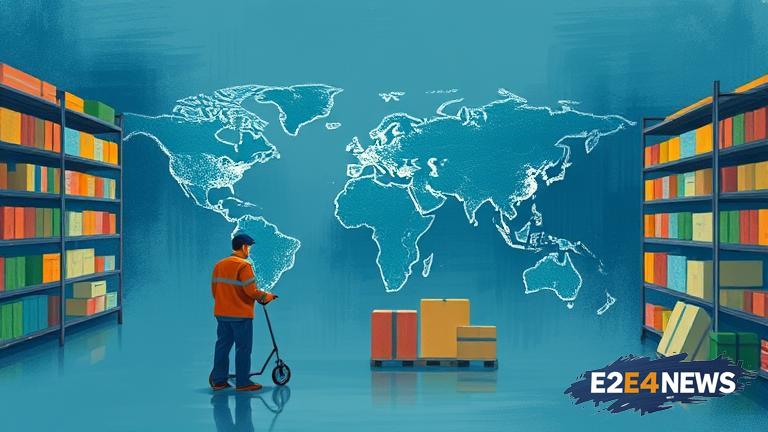Fiscalization, a process of recording and reporting financial transactions to tax authorities, has become a critical aspect of international retail. As retailers expand their operations globally, they must navigate complex fiscalization regulations to avoid penalties and ensure compliance. In recent years, many countries have implemented fiscalization laws to combat tax evasion and increase revenue. International retailers must understand these regulations to maintain a competitive edge in foreign markets. Fiscalization laws vary across countries, and retailers must be aware of the specific requirements for each market they operate in. For instance, some countries require retailers to use certified cash registers or point-of-sale systems that can generate fiscal receipts. Others may mandate the use of specific software or hardware to record and transmit transaction data to tax authorities. Retailers must also ensure that their systems are compatible with local fiscalization requirements, which can be a significant challenge. Moreover, fiscalization regulations are constantly evolving, and retailers must stay up-to-date with the latest changes to avoid non-compliance. Failure to comply with fiscalization regulations can result in significant fines, penalties, and even business closure. Therefore, it is essential for international retailers to invest in fiscalization solutions that can help them navigate these complex regulations. These solutions can include certified cash registers, point-of-sale systems, and software that can generate fiscal receipts and transmit transaction data to tax authorities. Additionally, retailers must ensure that their staff is trained to use these systems correctly and understand the importance of fiscalization compliance. In some countries, fiscalization regulations also require retailers to maintain detailed records of transactions, including receipts, invoices, and payment records. Retailers must also be prepared to provide these records to tax authorities upon request. Furthermore, fiscalization regulations can vary depending on the type of business, with some industries subject to more stringent requirements than others. For example, retailers in the food and beverage industry may be subject to specific fiscalization requirements related to food safety and hygiene. In conclusion, navigating fiscalization regulations is a critical aspect of international retail, and retailers must be aware of the specific requirements for each market they operate in. By investing in fiscalization solutions and ensuring staff training and compliance, retailers can avoid penalties and maintain a competitive edge in foreign markets. As the retail landscape continues to evolve, it is likely that fiscalization regulations will become even more complex, and retailers must be prepared to adapt to these changes. With the right strategies and solutions in place, international retailers can successfully navigate fiscalization regulations and achieve long-term success in foreign markets. The importance of fiscalization compliance cannot be overstated, and retailers must prioritize this aspect of their operations to avoid significant consequences. By doing so, retailers can ensure a strong foundation for their business and drive growth and profitability in international markets. Fiscalization is not just a regulatory requirement, but also an opportunity for retailers to improve their operations and increase efficiency. By leveraging fiscalization solutions, retailers can streamline their processes, reduce errors, and improve customer satisfaction. In the long run, fiscalization compliance can become a competitive advantage for retailers, enabling them to build trust with customers and establish a strong reputation in foreign markets.
